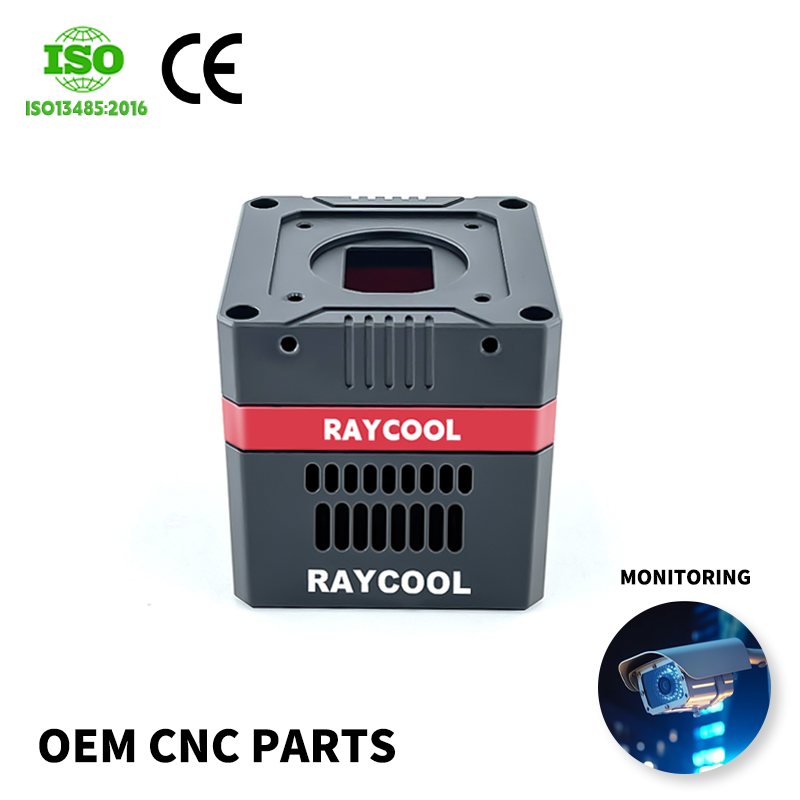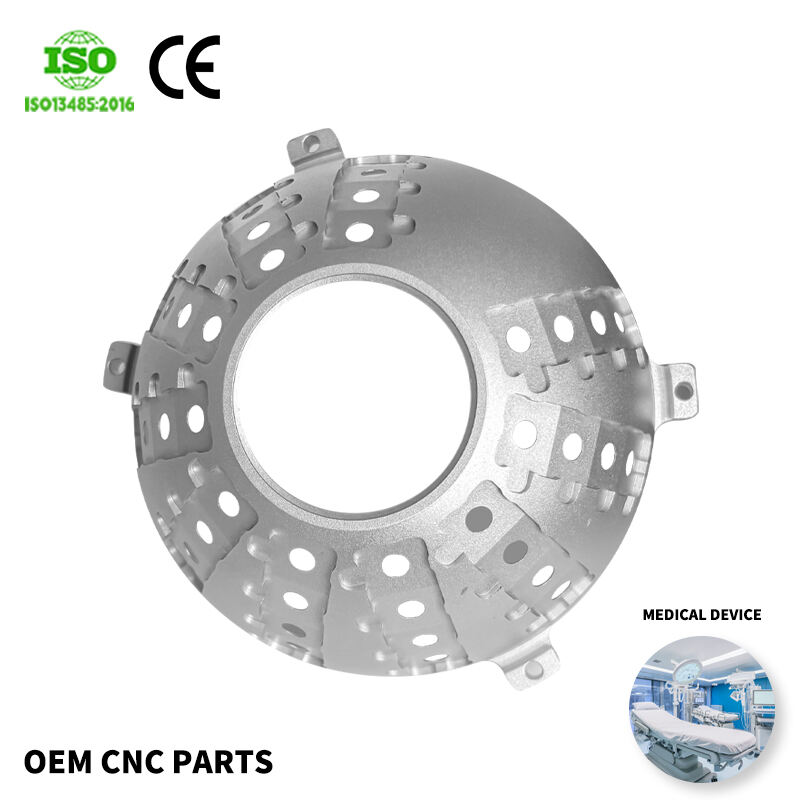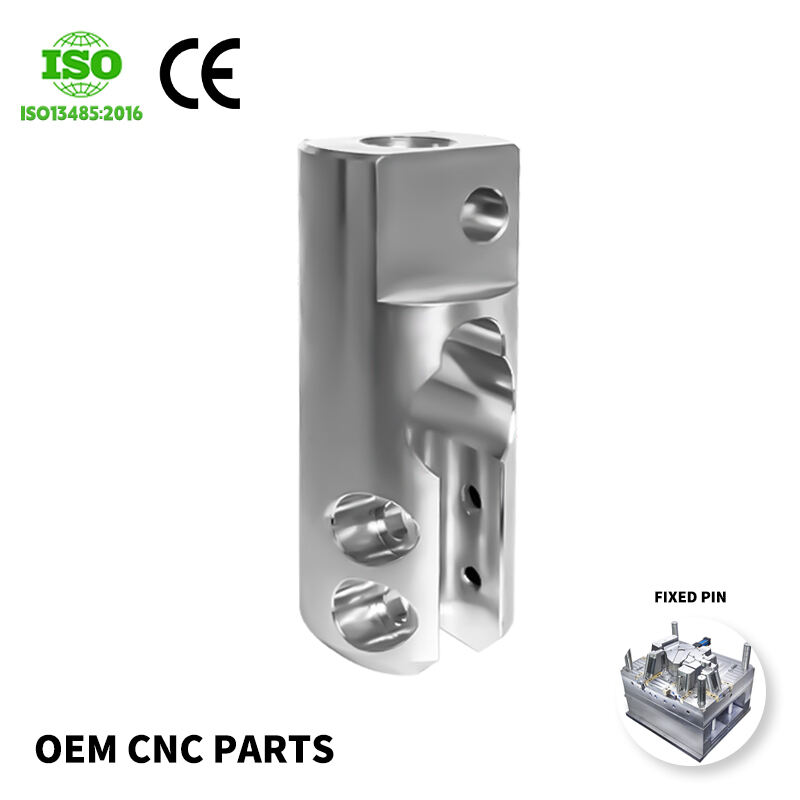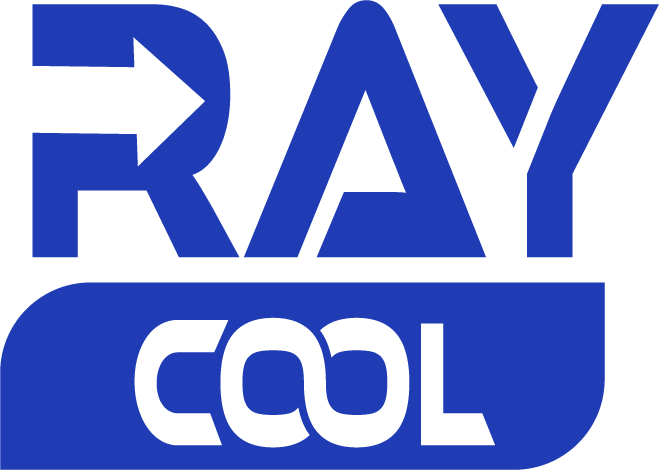custom plastic components
Custom plastic components represent a versatile solution in modern manufacturing, offering precision-engineered parts tailored to specific requirements. These components are manufactured through various processes including injection molding, extrusion, and thermoforming, delivering exceptional quality and consistency. The components can be produced using a wide range of polymers, from standard thermoplastics to high-performance engineering plastics, ensuring optimal performance across diverse applications. They serve crucial functions in industries ranging from automotive and electronics to medical devices and consumer goods. The technological features include tight tolerance capabilities, complex geometries, and the ability to integrate multiple functions into single components. Advanced manufacturing techniques allow for the incorporation of special features such as internal channels, snap-fit assemblies, and reinforced sections. These components can be customized in terms of color, texture, strength, and chemical resistance, meeting exact specifications for form, fit, and function. They often replace traditional materials like metal, offering benefits such as weight reduction, corrosion resistance, and cost-effectiveness. The manufacturing process enables both prototype development and high-volume production, supported by quality control measures and material traceability systems.



